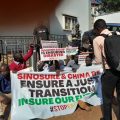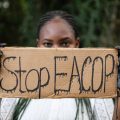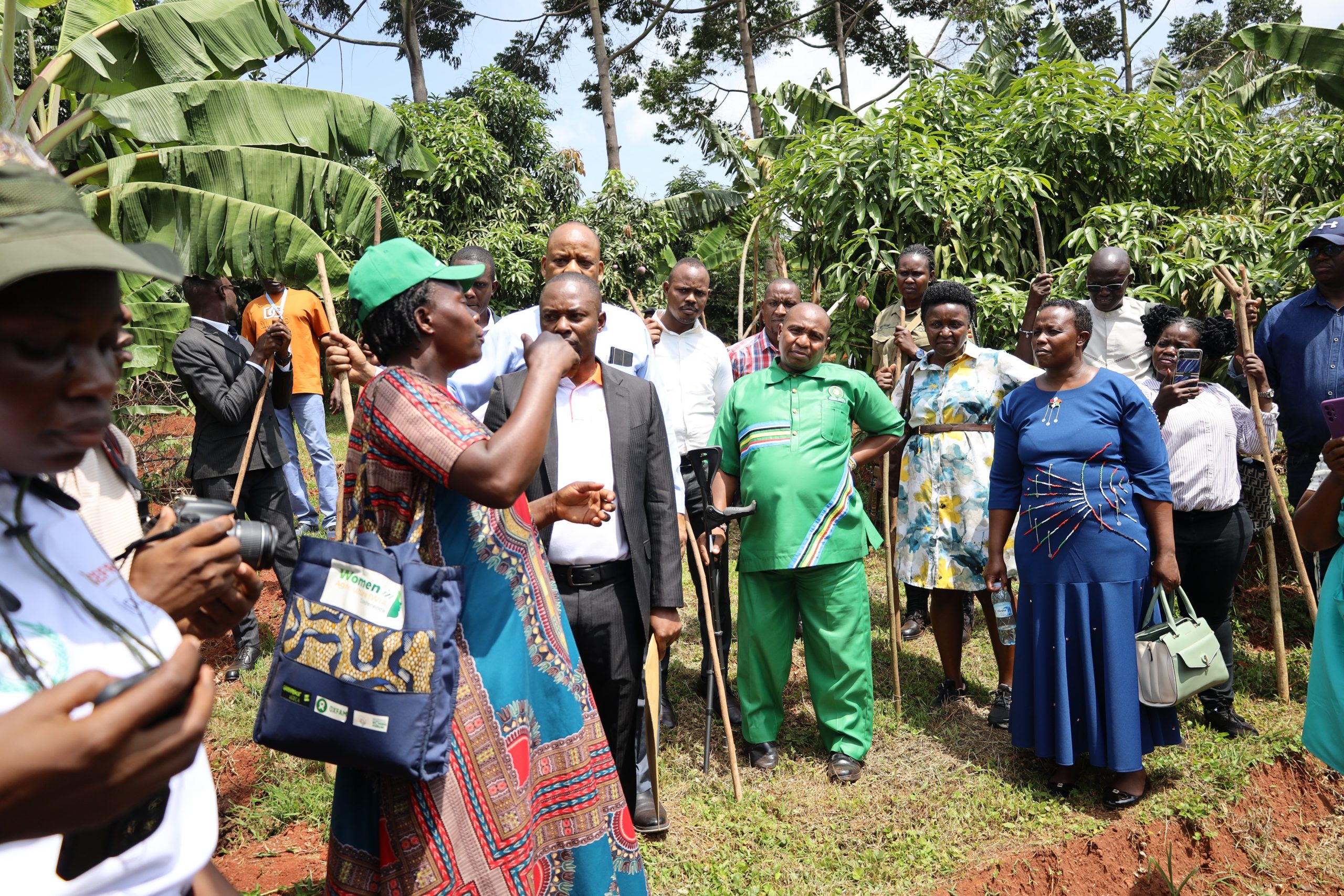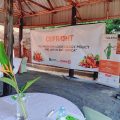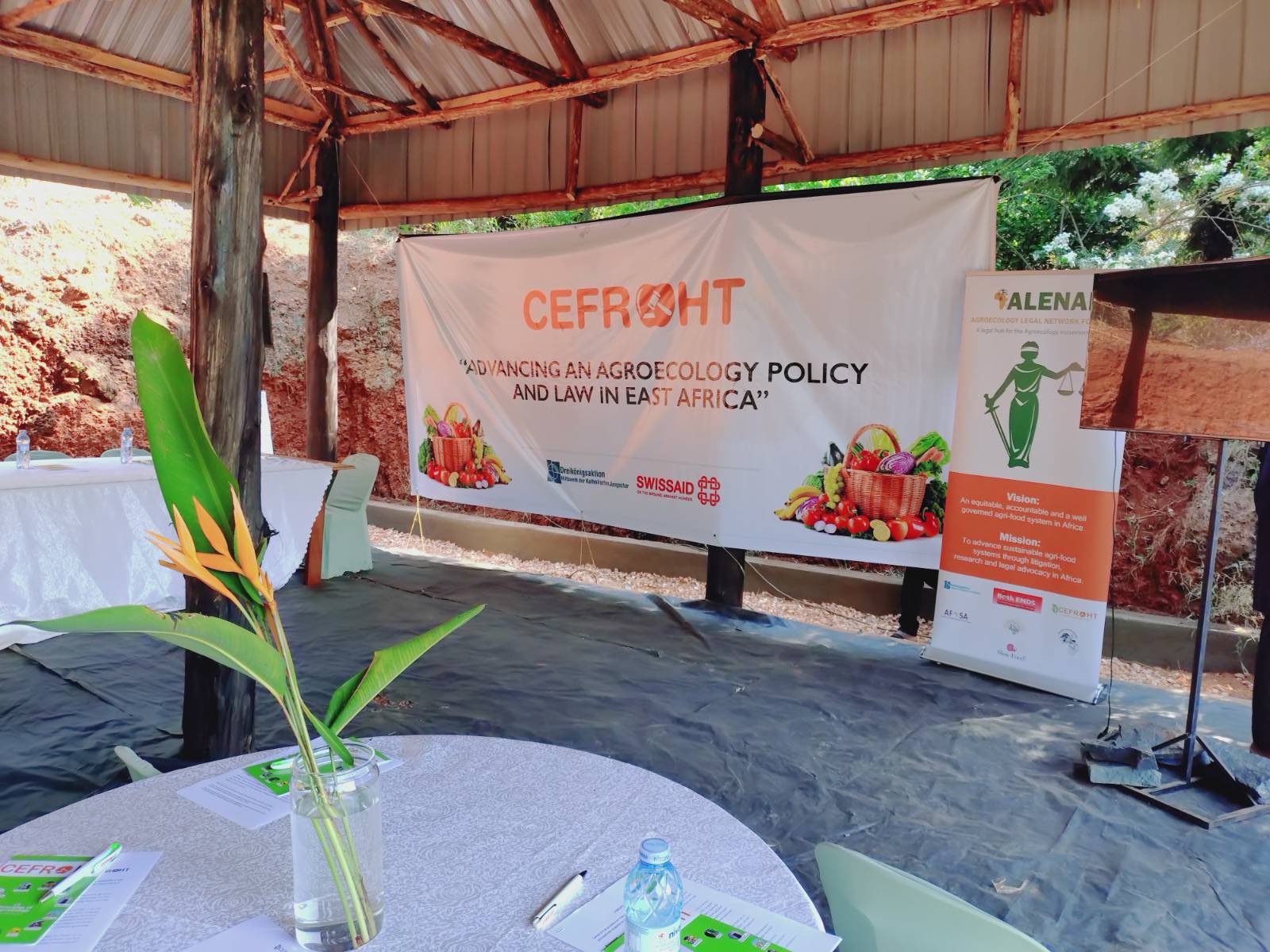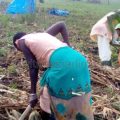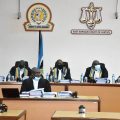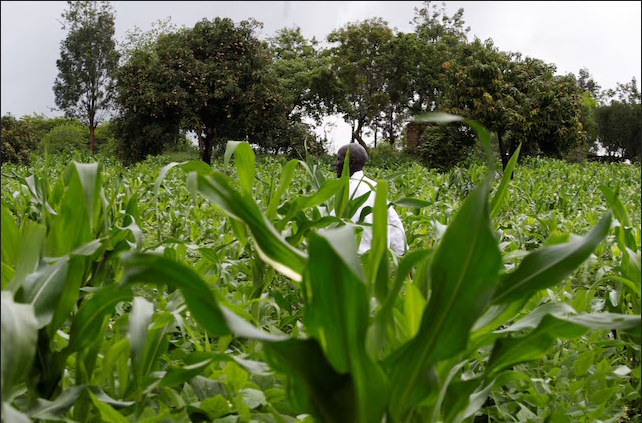By Witness Radio and Südnordfunk teams.
Close to 100 activists have been criminalized this year for speaking out about the harm caused by the East African Crude Oil Pipeline (EACOP) project in Uganda. The EACOP has already caused significant social harm to communities hosting the project, and it is projected to further damage the environment.
The EACOP is a planned 1,443km pipeline stretching from Hoima in Western Uganda to the port of Tanga in Tanzania. It is expected to transport crude oil from Uganda’s Tilenga and Kingfisher oil fields to export markets. Key stakeholders in this venture include Total Energies, the China National Offshore Oil Corporation (CNOOC), and the governments of Uganda and Tanzania.
In Uganda, hundreds of families have already lost their land to the project through the government’s compulsory land acquisition. Many had refused to accept the compensation, arguing it was inadequate compared to the size and value of the land taken but the government, in some cases, has forcibly acquired it. Meanwhile, those who also accepted compensation and surrendered their land have reported that the project has driven them deeper into poverty.
The social harm already inflicted on these communities, coupled with the impending environmental destruction, has sparked a massive rise in anti-EACOP activism, both within Uganda and internationally, with growing opposition to the project.
In August, Global Witness reported that at least 96 people, alone in Uganda had been detained in the past nine months, highlighting the increasing repression faced by environmental and human rights defenders who stand against the pipeline and its impacts.
Bob Barigye cannot be excluded when discussing EACOP activism and the fight for environmental justice in Uganda. Once a biology and chemistry teacher, Barigye has since turned into an activist and has been criminalized for opposing the controversial EACOP project. He is among the many activists targeted for standing up against the environmental and social impacts of the oil industry in Uganda.
“I have been arrested more than six times now”. Barigye revealed.
The escalating arrests result from activists revealing the darker side of the project once implemented, facts that the government and other project implementers are not interested in acknowledging. Their efforts to expose the environmental and social impacts of the project have continued repression.
“Our crime has always been trying to talk about the effects, trying to petition embassies, trying to report, trying to talk to government officials about the dangers of the project that they badly want to invest in. We have encountered with the Chinese embassy where we have been arrested three times with other activists trying to deliver a petition,” the activist revealed in an interview with Surdinordfunk.
The most common accusations against the Stop EACOP activists such as common nuisance, incitement to violence, and most recently, unlawful assembly are seen by the activists as deliberate attempts to weaken their efforts in challenging the environmental harm caused by the project. This makes the activists feel isolated in their struggle.
“They have made us seem like criminals, they have made us seem like unserious people. I have been taken to court twice, and the charges that they have always preferred against us are dubious and dehumanizing. Because the common charge that they normally charge us is a common nuisance, you are taking a report to a government body, but when you are arrested, you will be arraigned in court as a common nuisance.” Barigye further added.
Activists assert that these charges are false, pointing to the recent dismissal of cases due to lack of evidence as proof. For instance, in November 2023, incitement to violence charges against nine young environmental activists were dropped. Earlier, in January 2023, human rights defenders Barigye Bob, Ivan Kabale, Musoke Hamis Walusimbi, and Ssemwanga Jackson were re-arrested and similarly charged with incitement to violence and common nuisance. However, their case was dismissed for want of prosecution, further reinforcing the activists’ claims that these charges are fabricated.
It is not only in Uganda where those campaigning against the oil project are living dangerously. But also, in neighboring Tanzania where oil is to be transported. Richard Senkondo leads the Organization for Community Engagement (OCE) there. At the World Climate Change Conference in Dubai in November 2023, he addressed the problematic consequences of EACOP in his country. However, this didn’t go well with him upon his return back home from COP 28.
“I didn’t know the government was censoring me. Immediately after returning on the 4th of December to Tanzania, I found out that I had been summoned to one of the infamous police stations in Dar es Salaam. That police station is typically known and has recorded a high number of torture and complete disappearances of people who criticize the government.
According to Mr. Senkondo, after receiving the summons, he had to flee Tanzania to save his life. “I was ordered immediately to vacate to Kenya. Up to now, I have not been able to reunite with my family because there is still a lot of hunting and searching for me, but I have stood very firmly against the challenges,” he added.
Standing up against the oil project and for justice demands a lot from activists in Tanzania and Uganda. Also, the lawyers representing the Stop-EACOP activists and the affected community members report being threatened.
“Some of us have received letters, telling us to back off the cases or they prefer charges of defamation on their companies against us individually. But because we believe that the information and the knowledge we use, the evidence we use is direct and correct. So even if they prefer such kind of defamation cases, we are not scared because we have the evidence-based information, that is real and well known to everybody.” Lawyer Kato Tumusiime revealed this in an interview with Surdinordfunk.
The aim of the threatening letters, arrests, and lawsuits is to silence the voices against the oil development activities. Activist Barigye says that young people in particular who still live with their parents, are intimidated by this. Women are also increasingly deterred by police violence and social stigma:
“Most of them are married. Most of them have children. So, in case a charge like a common nuisance is provided against this person, it is the way that he will be viewed in the community. Because if you are being arraigned before court, if you are being harassed as a woman, being arrested the way they arrest us, being beaten, bangled on police pickups, there is that kind of dignity and psychological torture that it brings to them. And it has discouraged most of them.” Barigye added.
But, lawyers and activists are now discovering that the unending arrests of those opposing the EACOP Project are being sponsored by the oil companies involved in the project. They believe that companies like Total are directly funding these arrests to suppress opposition to their operations.
“Of course, these kinds of arrests, I believe, are sponsored directly by the oil companies here that we have in Uganda, including Total itself. Yes, obviously, most of the arrests, including of the activists themselves and the PAPs that are affected by the whole project are sponsored directly by those companies. When you go ahead and follow up on those cases, you find the representatives of those companies also at different police stations or even attending different court sessions to find out what is transpiring about these cases. So that one is a clear and a green light to show that these companies are directly involved and sponsoring these kinds of arrests,” counsel Tumusiime further mentioned.
Listen to the podcast here.
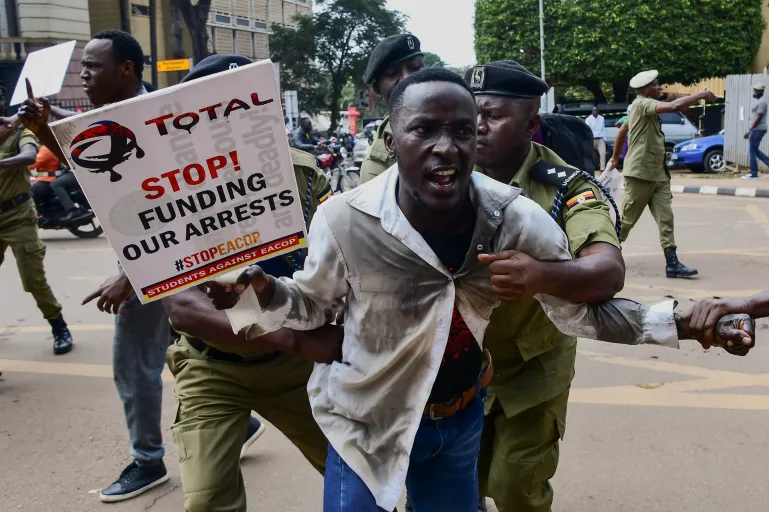
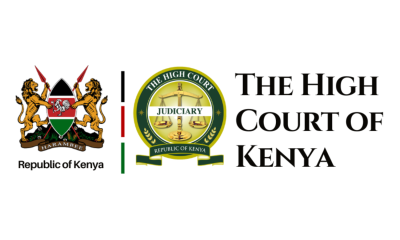
 MEDIA FOR CHANGE NETWORK5 days ago
MEDIA FOR CHANGE NETWORK5 days ago
 MEDIA FOR CHANGE NETWORK1 week ago
MEDIA FOR CHANGE NETWORK1 week ago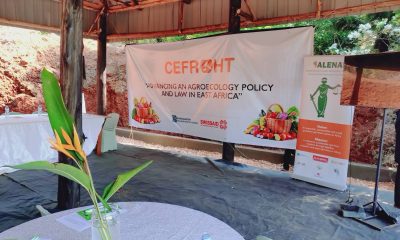
 MEDIA FOR CHANGE NETWORK3 days ago
MEDIA FOR CHANGE NETWORK3 days ago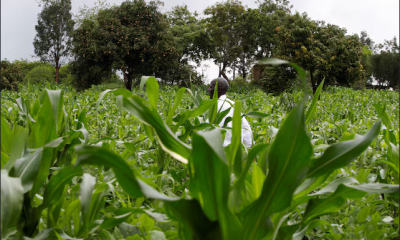
 MEDIA FOR CHANGE NETWORK4 days ago
MEDIA FOR CHANGE NETWORK4 days ago
 MEDIA FOR CHANGE NETWORK2 weeks ago
MEDIA FOR CHANGE NETWORK2 weeks ago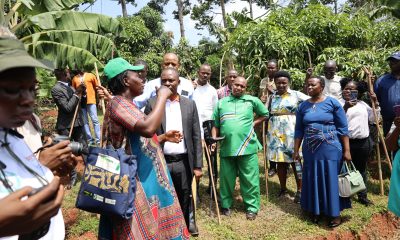
 MEDIA FOR CHANGE NETWORK2 days ago
MEDIA FOR CHANGE NETWORK2 days ago
 MEDIA FOR CHANGE NETWORK4 days ago
MEDIA FOR CHANGE NETWORK4 days ago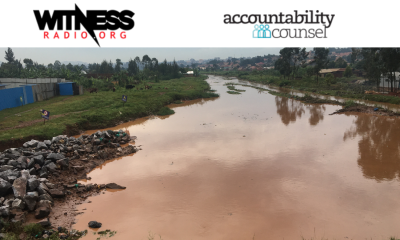
 STATEMENTS6 days ago
STATEMENTS6 days ago


